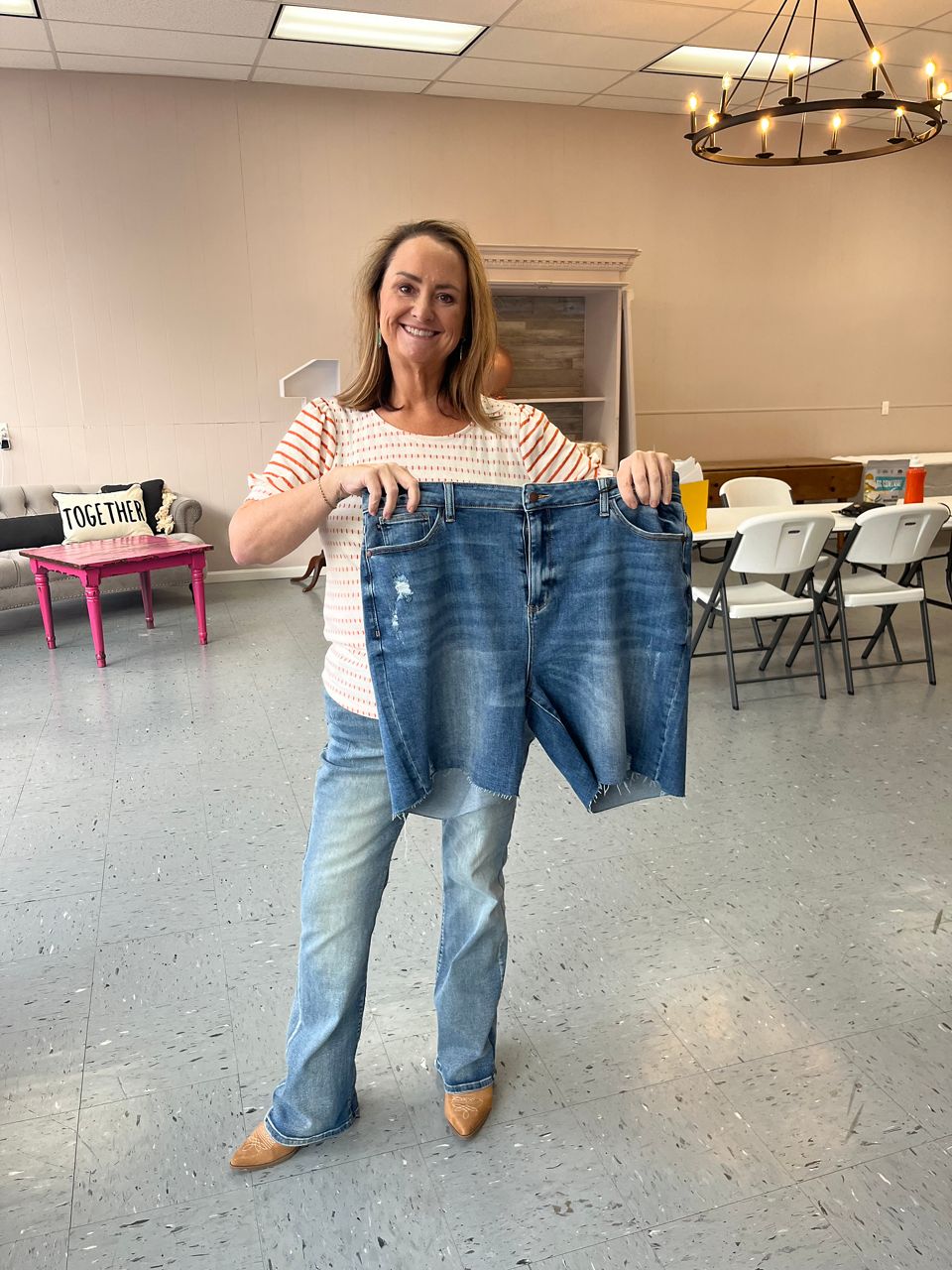North Carolina State employees are now digging into their pockets to pay for three common weight loss drugs.
As of April 1, Zepbound, Wegovy and Saxenda are no longer covered under the state health insurance plan. The State Health Plan Board of Trustees decided in January that it costs too much to continue to provide coverage.
A statement released on March 7 by the SHPBT reads in part, “It is estimated that continuing to cover this class of medications for weight loss would result in a premium increase of $48.50 per subscriber per month, doubling the premium for all individual subscribers, even those not taking these medications. The cost of these medications was projected to exceed $170 million in 2024, jumping to more than $1 billion over the next six years.”
For people like Kim Davis who advise people working for the state using these drugs, it can be an uncertain future.

“For the people who are in the middle of this journey and all of a sudden they can't get it, that could be really scary for them,” Davis said.
Davis said she has clients who rely on these medications. The North Carolina native said the injection drugs, coupled with changes in diet and exercise, have been a game-changer for her weight loss journey.
“Once the pieces got put into place the weight just started falling off,” Davis said.
The health advocate in her early 50s said it’s key to remember the injections are only a tool helping someone implement their lifestyle changes. Davis had to overcome high blood pressure, sleep apnea and type 2 diabetes.
“I think without that tool it would be hard for anybody with those comorbidities to do that,” she said.
She said there was a time when walking her dog Darby felt too burdensome.
“That like sneaky exercise. If you say let’s go exercise, I am like no,” Darby said.
Now she doesn’t bat an eye.
“But if you say hey let’s go roller skating … or walk the dog … if it’s exercise in a fun form then I am great at it,” she said.
The former owner of a payroll company said she has lost 80 pounds since last May. Losing weight has shrunk the amount of medications she is now taking.
“I don’t have to use my CPAP. I’m off of the blood pressure and diabetic medicine,” she said.
Most of her clientele has been built off sharing this journey on social media.
“I have a lot of people on social media that have been watching my journey and have reached out … what are you doing? What are you doing? Can you help me? Can you help me? The answer is of course. I would love to help you,” she said.
Davis said when you are in control you make better choices. She said to meal prep or know what your next meal is.
“I give them a meal plan. I show them how I do it, and we have the tools that help us stay on track,” Davis said.
Davis feels as if her openness to share her walk has been received well by people experiencing a similar struggle.
“It’s been scary but I feel like I don’t want to gatekeep things. I want to share my knowledge and if I can help somebody else get to where I am, that’s all I want to do,” Davis said.



